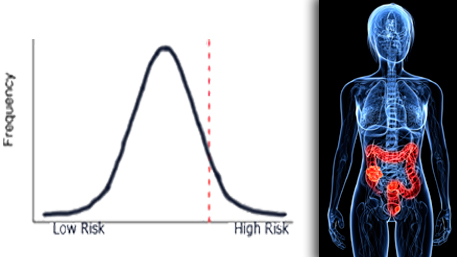Category:
Should polygenic risk scores be used in risk-stratified colorectal cancer screening?

Polygenic risk scores (PRS) summarize information about a person’s disease risk based on numerous DNA variants in their genome. Each variant confers very little increase in disease risk. But composite (or polygenic) risk scores made up of a number of such variants have been shown to stratify people to normal distributions of disease risks for Read More >
Posted on byA 2020 Reality Check on the Public Health Impact of Cancer Genomics and Precision Medicine

“Precision oncology has had some major successes… And yet, the overall effect of precision medicine on care for patients with cancer has been modest.” (David Cutler, JAMA Health Forum, 2020) The Promise of Genomics and Precision Medicine in Reducing the Burden of Cancer In 2015, the United States launched the Precision Medicine Initiative (PMI) “to Read More >
Posted on byStudy of Children with One vs. Two or More Siblings with Autism Spectrum Disorder: Expected and Unexpected Similarities and Differences

A recent prospective study from the Baby Siblings Research Consortium found that children with two or more siblings with autism spectrum disorder (ASD) were more than twice as likely to be classified as having ASD at age 3 than children with only one sibling with ASD. The Consortium was formed to facilitate prospective studies of Read More >
Posted on by

